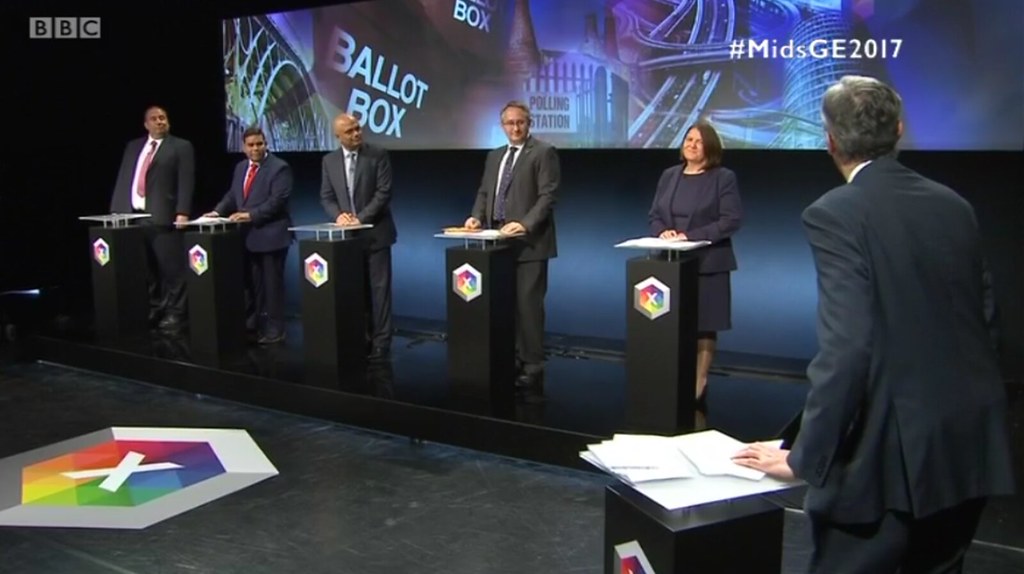A general election and televised debates go hand in hand: this election has been no different. The two most notable thus far include the ITV debate between Boris Johnson and Jeremy
An editorial in The Guardian called these debates “part of the political theatre of this country’s elections”, and I think the term “theatre” sums them up perfectly. Although, yes, these structured debates can be important when it comes to promoting certain policies and are one of the few head-to-head formats that aren’t just endless shouting matches, they really don’t seem to have much to offer.
Theatre, whilst enjoyable and sometimes thought-provoking, is unlikely to change one’s core beliefs in just over an hour, with televised debates having an even smaller likelihood of doing so. If you are planning on voting for the Conservatives, then you will be tuning in to see Boris Johnson ‘win’ the debate against Jeremy Corbyn, and vice-versa for Labour supporters.
Generally, these debates are not about policy, but instead about trying to convince anybody on the fence that your opponent isn’t capable or trustworthy or a million other adjectives that say more about character than actual policy.
So, in the example of the ITV debate, you have two groups of people watching already (Conservatives and Labour supporters) who’s views are more-or-less fixed: they’re just watching to see if their party will ‘win’. On the flip side, people who are completely uninterested in politics, or are politically disengaged, will be unlikely to watch the debate at all. So who
An article in The I interviewed Steven Fielding, Professor of Politics at the University of Nottingham on the topic of the relationship between televised debates and polls. Fielding notes the surge in the polls that Nick Clegg experienced after the first televised debate in 2010, though he agrees that the debate did increase the popularity of the Lib Dems in the short term, it may have actually caused them to lose seats in the long run. This surge in popularity forced David Cameron and Gordon Brown to try much harder to shut down Clegg in the following debates.
Since then, viewing figures for televised debates have decreased, likely due to a mix of the novelty wearing off, and the increased influence of the internet as a source for political information. Further, people who watch debates are increasingly politically educated, so are unlikely to be swayed very easily from the beliefs they already hold. The people who aren’t as educated or interested may find these debates rather boring, which again means that their opinion is not swayed either.
I too can vouch for this. Even though I’m a Politics student, I still only watched the debate the day afterwards on YouTube, as opposed to
So, what to do with these debates? The Guardian’s conclusion is that they are a welcome “alternative to the mean-spirited and sterile political conversations that have dominated political life since 2016 in the UK”. I respectfully disagree, as these debates appear to do very little when it comes to influencing public opinion. Any influence they do have is often diluted through biased media sources that often feed into a person’s pre-existing beliefs.
These debates also often reduce important policy issues into a simplified popularity contest, a shift that has been seen in the past decade towards favouring people instead of policy and party. We can see that in these debates, the questions are ones that have been answered in some form or another many times before and are often so open-ended that the candidates could really be as vague as they want. What we really need is detailed, clinical, fact-checked interviews with each candidate representing their party, and not the further trivialisation of one of the most important elections of the past few decades.
Louis Newstead
Image: Flickr.

